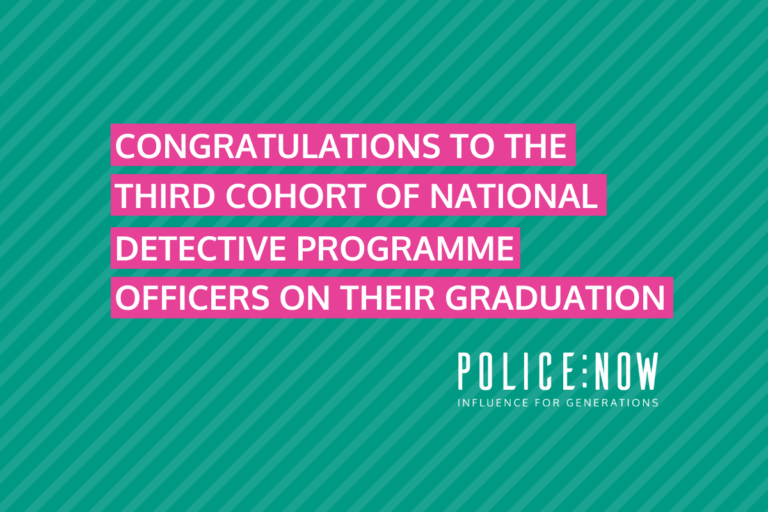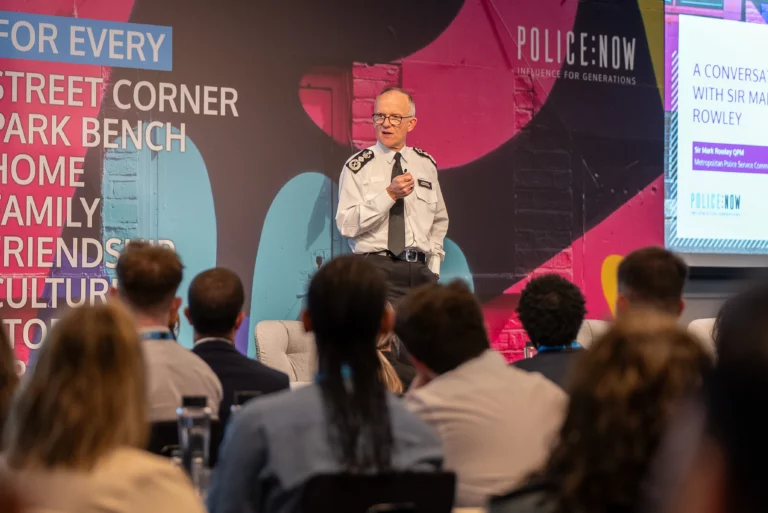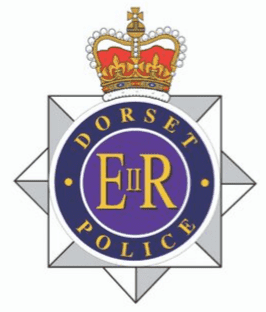Responding to the findings of Baroness Casey’s interim report on culture and standards of professional behaviour in the Metropolitan Police Service, Police Now’s executive team make the following statement on behalf of the organisation:
“We, like many others in London and around the country, have spent recent days reading and reflecting on Baroness Casey’s findings. Her report places a firm evidence base behind what many in policing have known for some time: policing has a very serious culture problem. A problem that affects every aspect of policing activity, from crime fighting to training, problem solving to recruitment. It is a culture that allows wrongdoing at systemic scale to go undetected, unaddressed and unpunished. And within it operates a misconduct system that is slow for the innocent, weak for the guilty, and disproportionate for those who don’t look like the majority.
“Whatever you believe policing’s mission to be – from cutting crime and bringing offenders to justice, to taking a much more activist and central role in solving society’s problems – the culture of your police service matters.
“Failure to acknowledge and tackle the culture problem and so to arrest and reverse the direction of travel – legitimacy down, confidence down, effectiveness in the eyes of the public down – risks our Peelian model of policing by consent. Maybe not now, maybe not soon, but one day if policing does not win back the trust of the public.
“This is not a re-run of the police corruption of the 1970s. It is a different problem to the one of organised crime faced 50 years ago. It is a matter of organisational justice. How police officers and staff members treat each other and experience their working environment greatly affects how they treat the public. When there is organisational justice inside the police station, there will increasingly be procedural justice on the streets.
“It is no longer enough, if it ever was, to superficially cast one’s mind back over recent years and say: ‘I don’t see that behaviour here, in my police station, in my team’. Criminals, racists and misogynists don’t advertise their activity. But they do hide in plain sight. So it is incumbent on all of us to look, to notice, to support those who act and to act ourselves.
“But although the challenges are huge, there is cause for hope.
“The new Commissioner, Sir Mark Rowley, has accepted the conclusions of the interim Casey Report in full. He acknowledges the problems without caveat. He commits to deliver solutions without excuse. Police Now offers Sir Mark and his leadership team all possible support and assistance in his mission.
“The Police Uplift Programme continues to bring new people and fresh thinking into policing including, but not limited to, thousands of officers recruited and trained by Police Now. Officers who are determined to be part of the solution, and not the problem. If you want to make the difference. If you want to be part of the change. Now is the time to step forward.
“At the College of Policing, Chief Constable Andy Marsh has placed ethical and effective leadership, at all levels and especially on the frontline, at the top of the national policing agenda. We hope that every part of policing is wholly behind him.
“And the length and breadth of the country, more and more frontline police officers and staff members – those at the cutting edge of policing and about whose heroics and good work we can read daily, if we look beyond the headlines – are turning their attention towards finding the criminals inside the police station as much as those out on the street. Because, as Baroness Casey makes clear, it isn’t just the public suffering due to our culture problem. It’s our own workforce. When you have the right culture, you can overcome anything. When you have the wrong one, every day feels a struggle.
“This is not the public versus the police. And it is not an assault on policing. But it is a clear challenge to one part of policing, on behalf of the public, from another part of policing. The part of policing that is professional, honourable, diligent, effective, procedurally just, organisationally just, and inclusive.
“For the sake of every good police officer, every bad one must go. Why does policing have to change? For the sake of the public – all the public – and for the sake of the thousands of brilliant officers and police staff straining every sinew to serve them. They have lived under this shadow of shame for too long. It must not continue.”
ENDS






